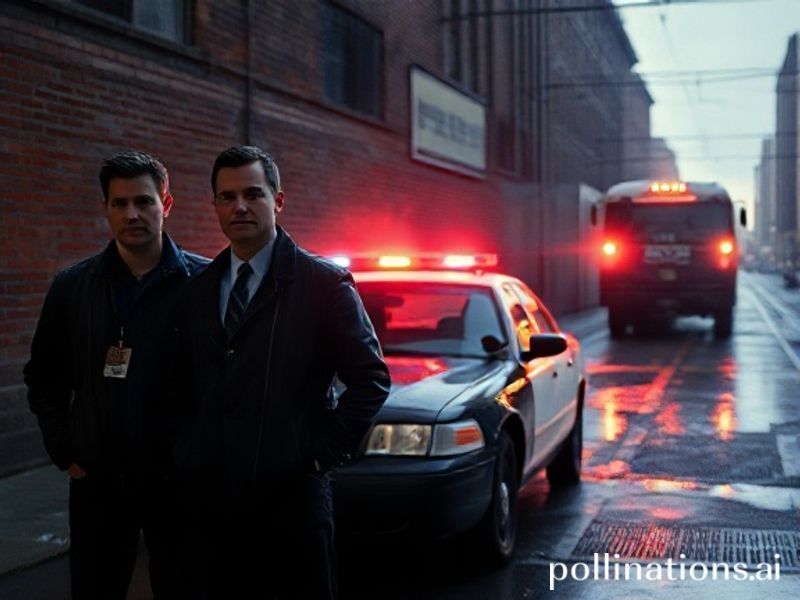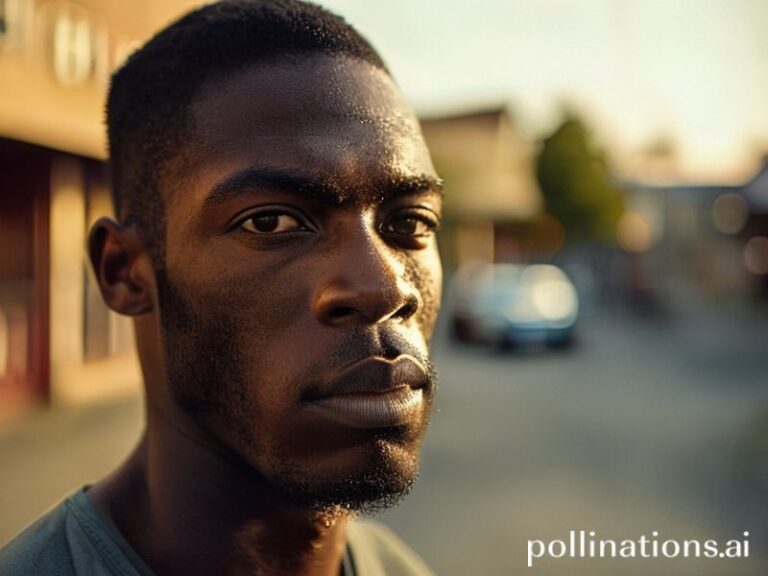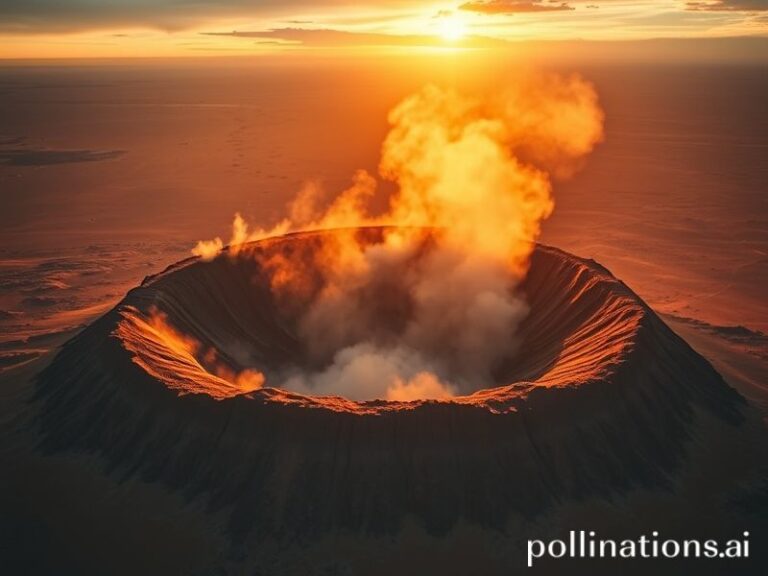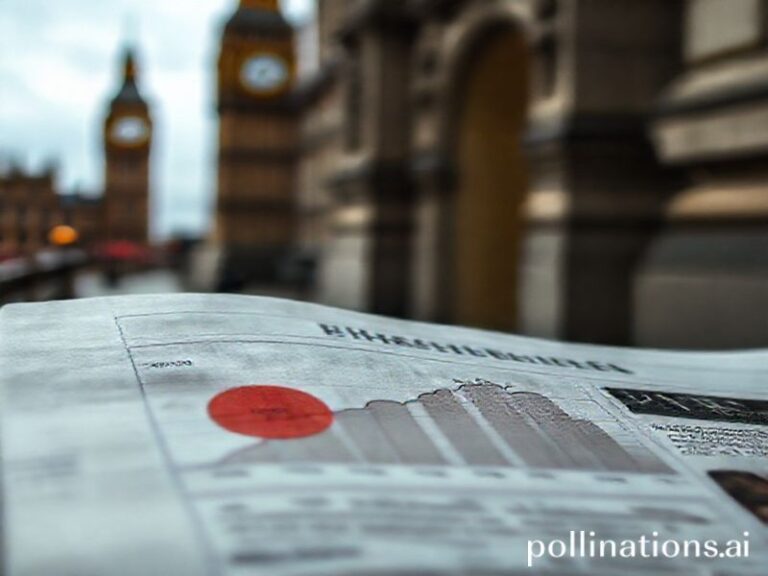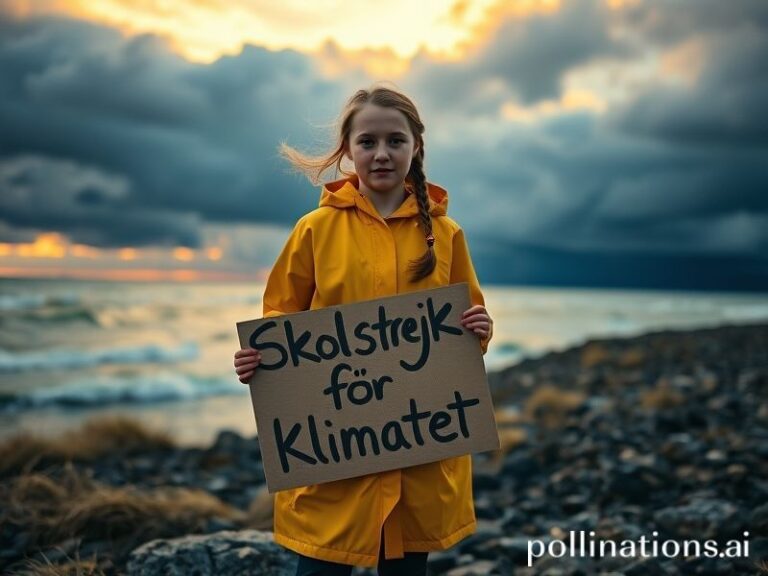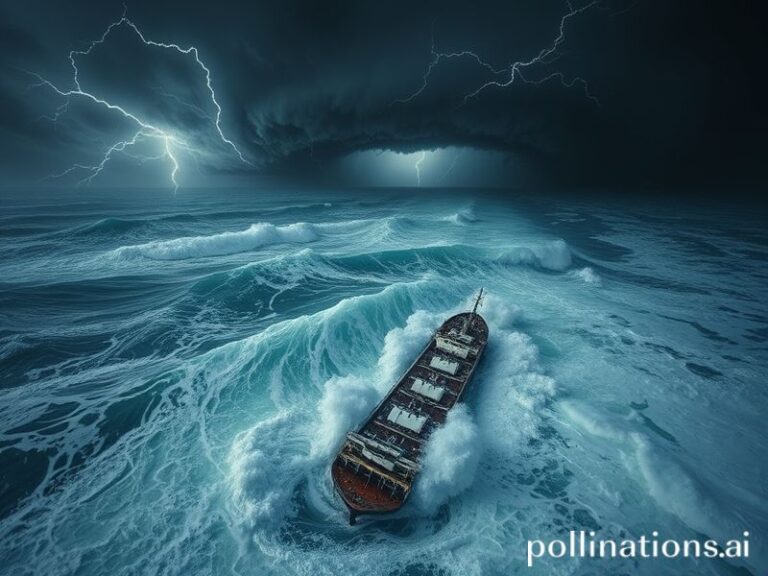From Chicago to the World: How ‘Chicago P.D.’ Became Global Copaganda Gold
Chicago PD: America’s Favorite Copaganda Goes Global
By our bruised-but-still-breathing foreign correspondent
If you’ve ever wondered what the United States exports after steel, software, and self-delusion, look no further than “Chicago P.D.”—the Dick Wolf juggernaut now sprinting across 200-odd territories like a steroid-fueled patrolman chasing a teenager over a graffiti-tagged fence. From Lagos living rooms to Reykjavik rehab centers, viewers tune in to watch Detective Hank Voight pistol-whip due process into confessional puddles, all while the city’s murder rate politely waits for commercial breaks. The show is a hit on every continent except Antarctica, where, rumor has it, the penguins objected to the excessive use of thermal-enhanced interrogation.
What makes a provincial procedural about a single American police district resonate from São Paulo to Seoul? Start with universal appetites: everyone loves a morality play that confirms their own biases. Europeans get to cluck at trigger-happy Yanks, while simultaneously binge-watching the same blood-spattered episodes over goulash. Asian streaming platforms slap “Caution: Violence” warnings on promos—catnip for demographics raised on gentler cop shows where suspects bow before being arrested. Meanwhile, Latin American audiences recognize the familiar choreography of cops negotiating bribes, only here the currency is screen time and Emmy consideration instead of pesos.
The international success of “Chicago P.D.” is also a masterclass in geopolitical mirroring. In countries where police actually face consequences, Voight’s brass-knuckle jurisprudence feels safely exotic, like cage-fighting or deep-fried butter. In states where cops already operate with impunity, the show is practically a training video—Ukrainian riot squads reportedly binge it to brush up on persuasive interview techniques. UN human-rights observers, ever the killjoys, have cited the program in annual reports under the heading “Normalization of Extrajudicial Chic.” Their footnotes spoil nobody’s fun.
Dick Wolf’s financial alchemy is worth a semester at any business school that still believes in ethics but doesn’t practice them. Each 42-minute episode is chopped into 180 seconds of story and 18 minutes of skyline porn, allowing dubbing studios from Mumbai to Madrid to insert local ads for energy drinks and bail bondsmen. The franchise’s real export isn’t drama; it’s a reusable template for authoritarian nostalgia. Script doctors in Ankara swap Lake Michigan for the Bosporus, swap the union rep for a government censor, and—voilà—Turkey has its own “Istanbul P.D.,” complete with a brooding antihero who throws dissidents off ferries instead of rooftops. Ratings gold, with a side of geopolitical whitewash.
Critics at home whine that the series lionizes dirty cops; abroad, that critique is inverted. French sociologists call the show “cop-washing,” arguing it scrubs American policing clean enough for global consumption, like rinsing chlorine off salad greens. Others claim it’s documentary realism: Brazilian favela dwellers watch Voight’s street stops and ask, “Where’s their off-duty death squad?”—a question that doubles as both critique and envy. Either way, the takeaway is bipartisan: democracy is tedious, torture is efficient, and the public prefers its civil rights violations narrated by a gravelly baritone before the 10 o’clock news.
The broader significance? “Chicago P.D.” has become the soft-power equivalent of a aircraft carrier—projecting U.S. force without leaving Illinois. Streaming numbers dwarf State Department budgets for “democracy promotion,” and they’re certainly more persuasive. When a Tunisian teen roots for Voight to crack a suspect’s jaw, he’s also absorbing the lesson that accountability is optional and Miranda is just another gringo with a mustache. Call it cultural imperialism or globalization’s guilty pleasure; just don’t call it mere entertainment. The handcuffs onscreen are fake, but the ideology they ratchet tighter each week travels with real-world visas.
So the next time you queue up another episode, remember you’re not just killing brain cells—you’re participating in a multinational exchange program where civil liberties are the hostages and everyone gets extra credit for creative brutality. As the credits roll and the NBCUniversal logo twinkles like a distant drone strike, take comfort in our shared humanity: no matter your latitude, nothing brings people together quite like watching someone else get punched in the dark.

